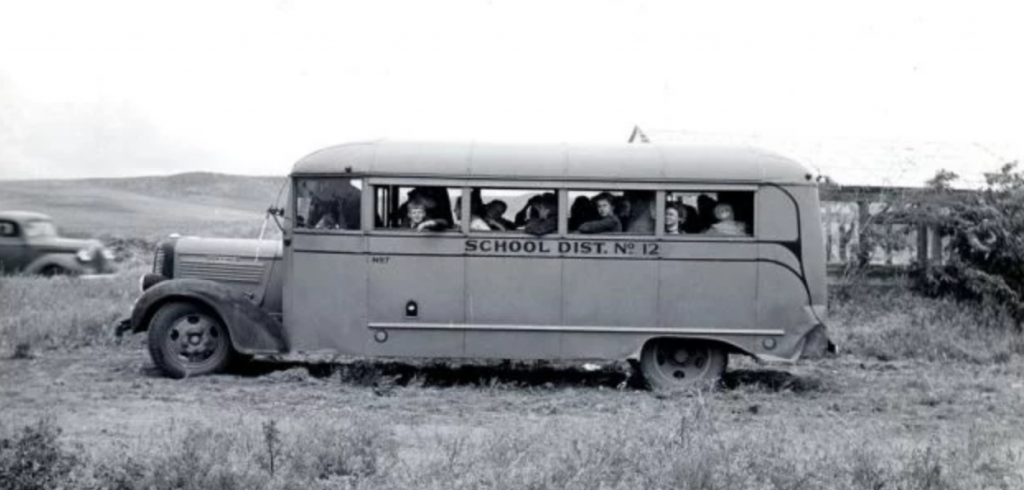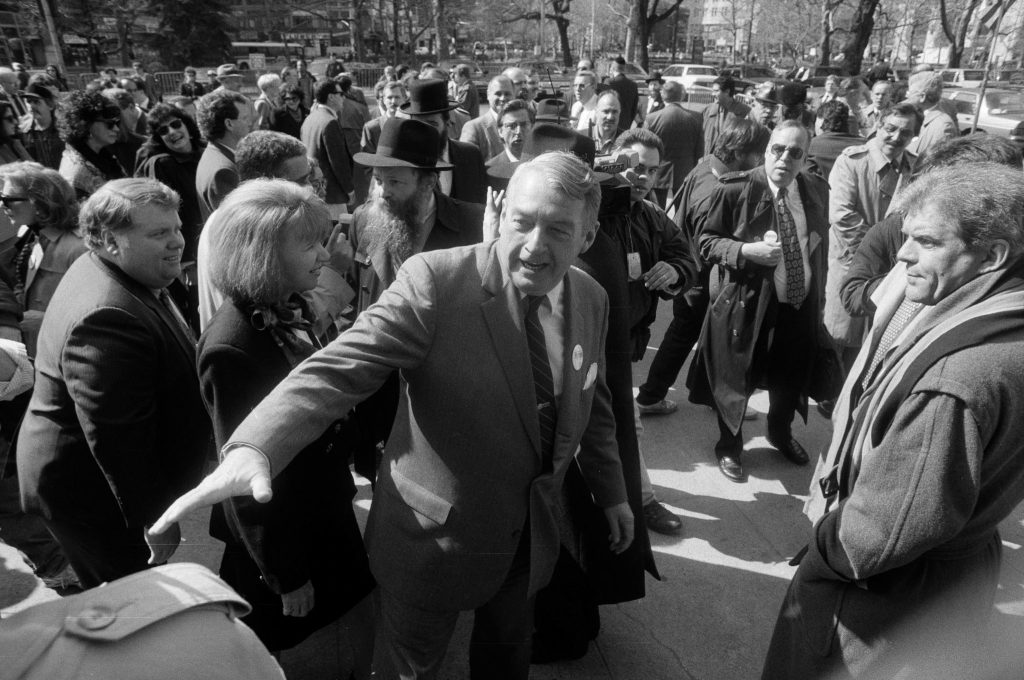
WASHINGTON, January 29, 1986 — A former New York City lawyer testified today that many of the city’s school bus contracts were held by companies with links to organized crime.
The witness, Martin Light, appeared before the President’s Commission on Organized Crime to testify about how lawyers helped their clients subvert the legal system through a variety of illegal and unethical practices, including bribery and intimidation.
Mr. Light was convicted last year on charges of possessing heroin with intent to distribute it. He admitted today that he had perjured himself at his trial in Brooklyn, in which he was sentenced to 15 years in prison. He resigned from the bar after his conviction, and he is now in Federal custody, according to officials.
Under questioning by a commission lawyer, Mr. Light described how he had developed his law practice among members of New York’s organized-crime families.
Legitimate Businesses
He said that in recent years organized crime had been increasingly moving into legitimate businesses, such as those supplying fuel oil, doing cement work, or operating school buses.
”They’ve got most of the school bus business in New York City,” Mr. Light said, adding that the companies were able to win contracts because their ties to organized crime let them avoid paying union salaries.
Although union rules might require $80 a day in salaries for a driver and a matron on a school bus, he said, a company controlled by an organized crime group could pay $60. ”They can put whoever they want on the buses,” he said.
Mr. Light did not identify any companies with direct links to organized crime.
Charges Are Questioned
Joseph Mancini, a spokesman for the Board of Education in New York City, declined to comment directly about the allegations but questioned their plausibility.
He noted that a majority of the city’s $145 million in school bus contracts were held by companies that employed union labor. Each company that wins a contract, he said, must be cleared by the City Department of Investigation.
Mr. Light also testified that he had been a witness to instances of corruption involving judges, assistant prosecutors and police officials in New York. He did not provide details about these cases but said he was present when ”payments went from hand to hand, from one to another.”
Arthur Brill, a spokesman for the commission, said information on the possibility of public corruption had been referred to the Special State Prosecutor and the Federal authorities for possible prosecution.
He said the cases involved local and Federal officials, but he would not elaborate further.
Charles J. Hynes, the special state prosecutor, declined to comment on whether his office had received any information from the commission.

Intimidating Witnesses
In his testimony, Mr. Light, 50 years old, contended that a small group of lawyers working for the ”mob” intimidated witnesses, rehearsed perjury and filed false affidavits.
He said that such actions were considered ”doing the right thing,” and that there were 20 to 30 lawyers in New York City who could be expected to participate in such practices on behalf of organized crime clients.
When one of his clients would receive a subpoena for his records, Mr. Light said, he would tell them to destroy the documents.
He said he was also aware of instances in which witnesses were threatened with violence or told to leave town or get out of the country.
He said the main function of lawyers defending organized-crime clients was to protect the interests of the crime families.
Taking the Fifth
He testified that, if he was representing mob figures called before a grand jury, he would instruct them to assert their Fifth Amendment right against self-incrimination.
Mr. Light recounted how he would wait outside the grand jury room and, if his client was inside for more than a few moments, he would report to senior mob figures.
Such evidence of cooperation with Federal prosecutors, if confirmed, was an ”automatic death sentence,” he said.
Barbara Ann Rowan, the member of the crime commission who presided over the hearing, said Mr. Light’s testimony illustrated how organized crime depended on the assistance of ”skilled professionals” like bankers, lawyers, chemists and pilots. Childhood in Brooklyn
Mr. Light sketched his legal career, beginning with his childhood in Brooklyn. There, he said, he met people who later became members of the Cosa Nostra in New York City.
After he graduated from Brooklyn Law School, Mr. Light became an assistant prosecutor in Brooklyn. After five years, he quit to become a defense lawyer.
In 1972, he was charged with offering two police officers a $3,000 bribe to change their testimony. He was acquitted in 1976.
In February of last year, after being convicted on one count of a three-count indictment, he was sentenced to 15 years in prison.
While Mr. Light has been in prison, he said, Carmine Persico, the reputed leader of the Colombo family, has been giving his wife $400 a month. Asked whether he expected the payments to stop, he said, ”Absolutely.”
This ARTICLE was written by Stephen Engelberg and published in The New York Times, on January 30. 1986.
